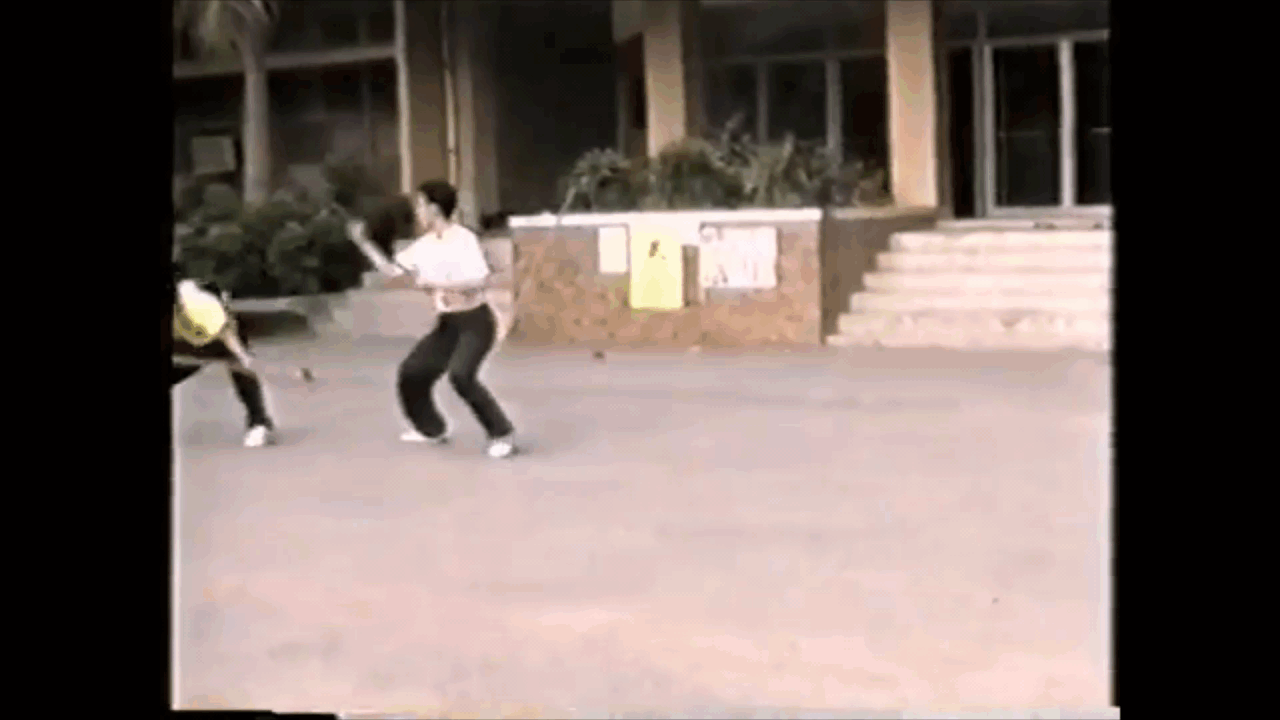_Simon_
Grandmaster
Firstly... you Taijiquan guys are freakin' awesome. And bonkers. But in a really good way! I learn alot from reading your discussions, and I very much hope to practice Taijiquan one day. I feel it would benefit my karate practice deeply.
I've experienced similar things when doing karate forms... what do you suppose are the preconditions for this sort of experience? I feel like it's something that can't ever be forced... but being in a certain space of receptivity, attentiveness and listening in your own being... like you can only provide the groundwork of appropriate conditions and then something just... opens up. Of its own. Of course, it helps that I'm not practicing solely for utilitarian/practical purposes, but have very much an inquiring, contemplative mind I guess.
It is very hard for me to use my Taijiquan, because I only use it when I least expected it. And when I use it, not even I know what I will be doing. Often, I do not even know what I am doing while I am doing it. However, I experience something strange -- Almost like a weightless motion, or a void of motion, and instead the entire universe bends around my body to snap into the correct position. I often say it is like two magnets snapping together but thats not the right analogy somehow.
I've experienced similar things when doing karate forms... what do you suppose are the preconditions for this sort of experience? I feel like it's something that can't ever be forced... but being in a certain space of receptivity, attentiveness and listening in your own being... like you can only provide the groundwork of appropriate conditions and then something just... opens up. Of its own. Of course, it helps that I'm not practicing solely for utilitarian/practical purposes, but have very much an inquiring, contemplative mind I guess.


